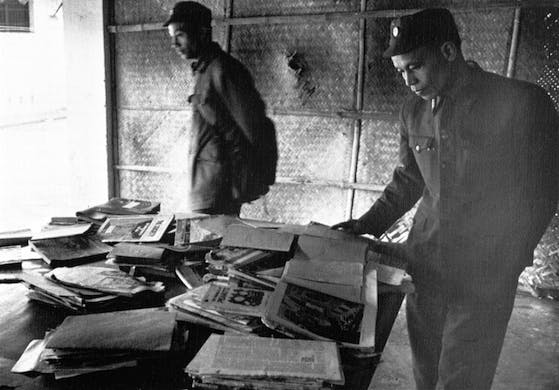
Iran Adds 7 Years to Prison Sentence for Nobel Laureate Narges Mohammadi
By SUN STAFF and ASSOCIATED PRESS
|One doesn’t have to agree with Lewis Simons’s politics to appreciate ‘To Tell the Truth’ as a highly readable, informative account of his time covering many of Asia’s greatest conflagrations.


By SUN STAFF and ASSOCIATED PRESS
|
By MATTHEW RICE
|
By DAVID JONES
|
By JOSEPH CURL
|
By ROSS ANDERSON
|
By ROSS ANDERSON
|
By ROSS ANDERSON
|
By ROSS ANDERSON
|Already have a subscription? Sign in to continue reading
$0.01/day for 60 days
Cancel anytime
By continuing you agree to our Privacy Policy and Terms of Service.